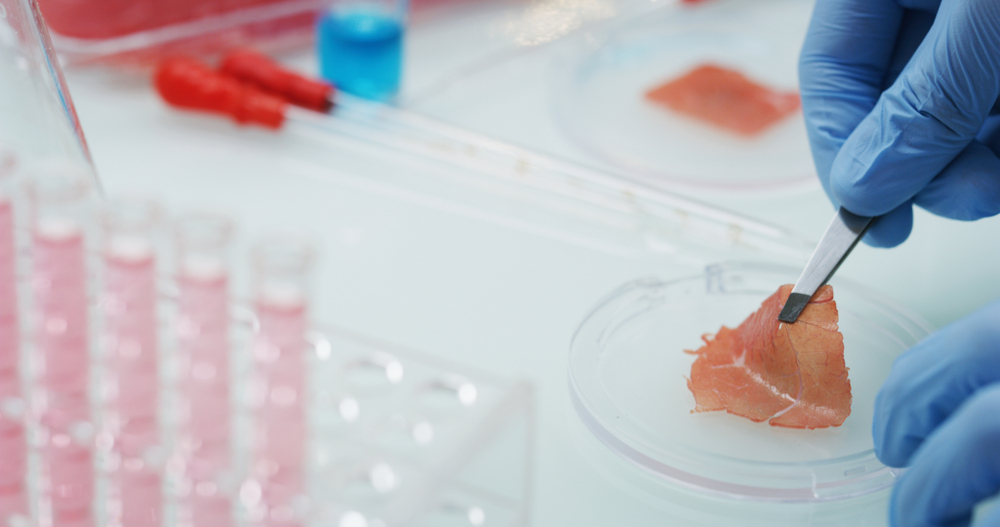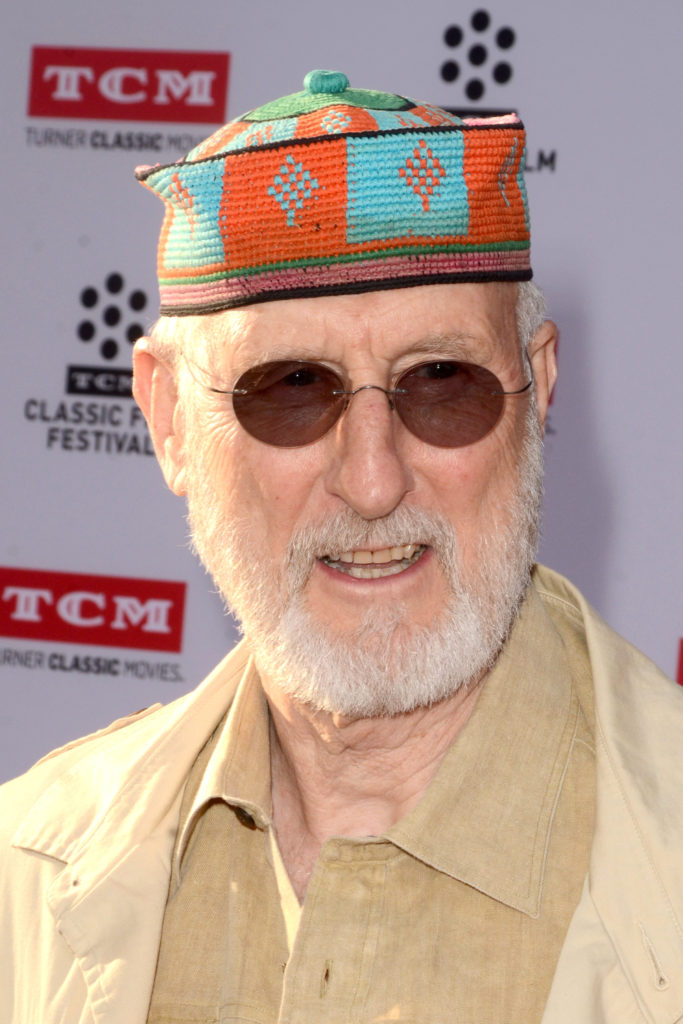If you glanced at a cartoonish animal rights ad running in Columbus, Ohio newspapers this week, you’d be forgiven for thinking it was from the nuts at PETA. And you wouldn’t be far from the truth. As it turns out, the ad was paid for out of the $223 million nest egg of the equally extreme Humane Society of the United States (HSUS), which has made a cottage industry out of attacking the incredible, edible egg. In this latest PETA-tinted salvo, HSUS advances the idea of “rights” for chickens by pretending to be interested in animal welfare reforms. This is a time-tested PETA tactic, so it’s no surprise that the ad also looks like a PETA production. Who does HSUS think it’s fooling?
The vegan smokescreen isn’t the only thing wrong with HSUS’s initial demand for a “cage free” egg in every omelet. Just as PETA believes that there’s no such thing as “humane meat,” HSUS’s Paul Shapiro let it slip in Sunday’s New York Times that “cage-free certainly does not mean cruelty-free.” Shapiro called it merely “a significant step in the right direction.” The “right direction,” of course, being a world of “vegan egg replacers.” Mmmm. Xanthan gum.
Besides, “cage free” eggs simply cost more. And just as in the case of “humane” reforms pushed at veal and hog farmers, nobody really knows how big the bill will eventually be for consumers. Already, USA Today reports, “cage free” and other “specialty” eggs can cost grocery shoppers an extra $3.00 per dozen.
And is the whole hubbub even worth the fuss? Traditional chicken coops and cage-free methods both have up-sides and down-sides. Neither is inherently superior. The University of Notre Dame decided not to switch to cage-free eggs after visiting both cage and cage-free operations, and finding that "both operations they toured appeared to take equally good care of their chickens."
And in some cases, cage-free eggs themselves aren’t all they’re cracked up to be. The University of Arizona went back to traditional eggs after being pressured to switch (by HSUS) last year. "The product was sub-standard," the campus foodservice director later said. "It was offensive … they were three times as expensive. It would have meant selling scrambled eggs for $1.50 instead of 60 cents … I just have to be responsible and sell what my customers want."
Australian poultry researchers found last month that caged birds aren’t any more stressed than their cage-free counterparts. Which makes us wonder if HSUS is more interested in protecting animals, or in hearing itself cluck.




